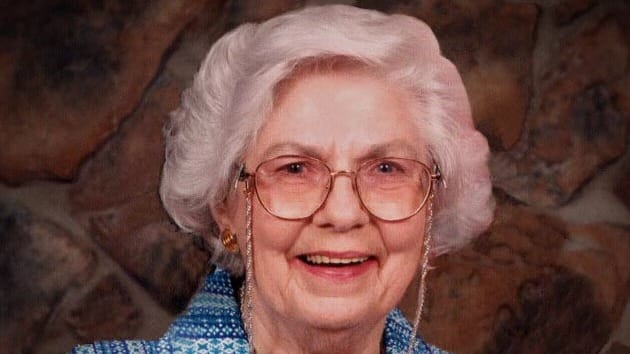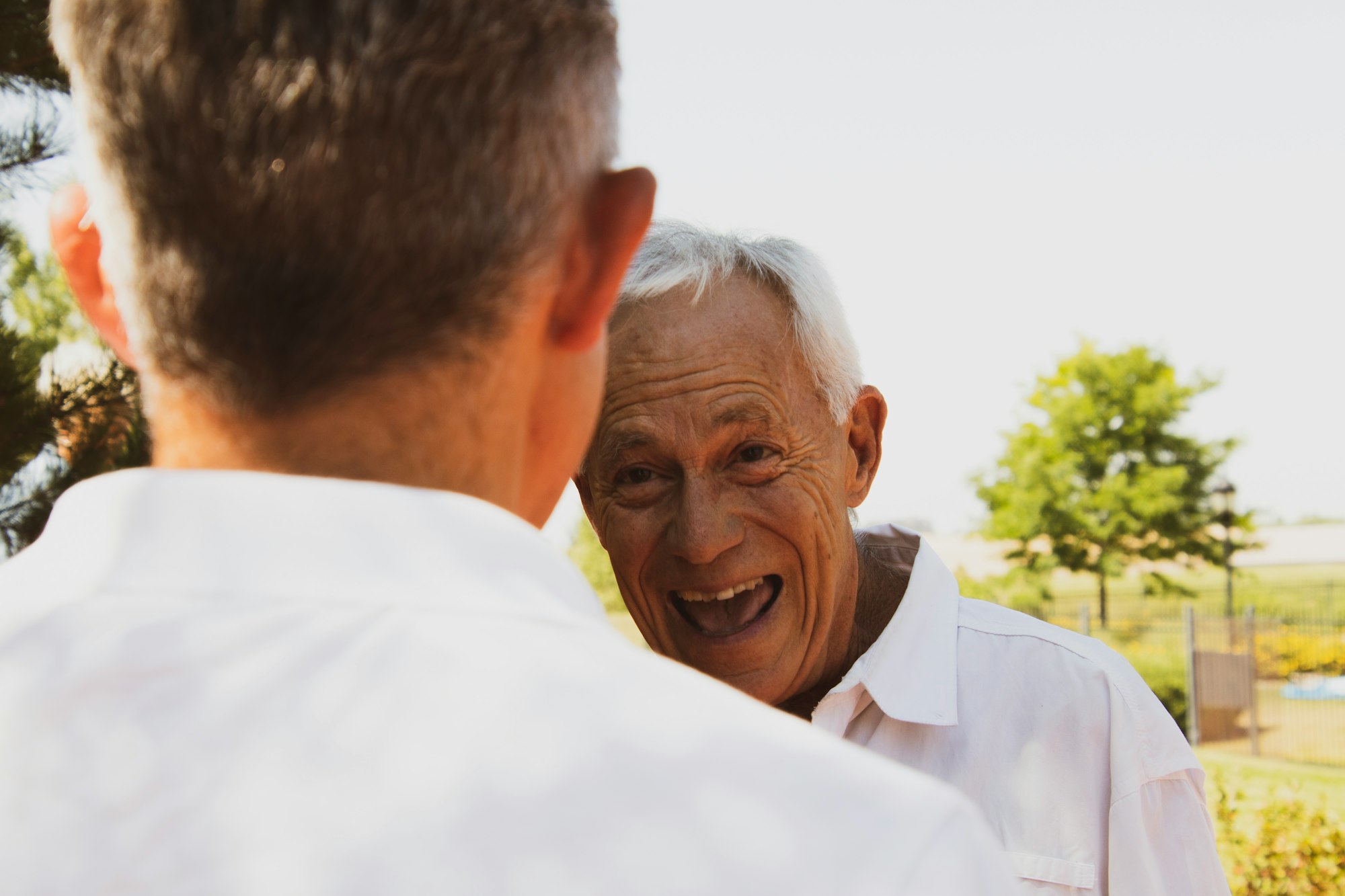Caring for Aging Parents: The Impact of Drains and Radiators on Elderly Care
Learn about the importance of being a "radiator" when caring for aging parents and how to avoid the emotional drain of dealing with "drain" people. Understand the joy and positivity that radiators bring to others and how to strive to be one.

At first glance, you might wonder what drains and radiators have to do with caring for aging parents. Allow me to shed some light on this concept.
I affectionately refer to my pastor as "RevDA." His journey is a remarkable one, spanning over two decades as a prosecuting attorney in county, state, and federal courts, followed by a mid-life transition to seminary and the path of a pastor. The twist of fate lies in the fact that we graduated from the same high school class, yet our paths never crossed during those formative years, despite our class comprising a staggering 896 students.
Our serendipitous encounter occurred after RevDA was called to a Presbyterian Church in a small town, situated roughly 200 miles from our shared hometown. This town holds special significance as it's where my mother hails from, where my dear aunt resides, and where I spent many cherished summers growing up. To add a layer of history, it's the very church my mother's family played a pivotal role in establishing and constructing some 135 years ago. Our family's connection to this church has remained strong throughout the generations.
So, what are the odds of two individuals growing up in the same place, attending the same school, yet not crossing paths until more than three decades later, in a quaint town 200 miles away?
RevDA wears multiple hats with remarkable skill – he's an adept lawyer, providing invaluable guidance in handling my mom's affairs and estate, and an exemplary pastor deeply invested in his congregation and community. His affection for my mom, unsurprisingly, runs deep, as he checks in on my dear aunt daily and lends a helping hand with various tasks.
In a recent conversation, RevDA posed a poignant question, "What is the one thing you miss most about your mom?" I found myself struggling to choose just one aspect. "Love. Joy. Faith. Her smile and the twinkle in her eye. The joy she brought to others; her kindness; her love of chocolate; her sense of adventure... why do I have to pick just one?" I replied.
And thus, we delved into one of our favorite sermon topics: drains and radiators. How does this relate to my mom, you ask? I'm delighted you inquired.
Some individuals are drains. They possess an uncanny ability to draw all the energy from a room, absorbing it like a sink's drain. Dealing with people like this can be utterly exhausting. Narcissists and the self-absorbed fall into this category, as do those who exploit and manipulate others for their own gain. They can sap your emotional reserves, leaving you feeling drained and hollow.
We all encounter such individuals in our lives. Caregivers, especially those tending to the elderly or the seriously ill, often grapple with narcissists and manipulators. The emotional toll can be overwhelming.
For me, the only thing worse than dealing with a "drain" person would be becoming one.
Conversely, some people are radiators. They emit joy, kindness, warmth, encouragement, support, and love to everyone they meet. Being around them is a delight, and they have a magical way of making everyone feel smarter, more attractive, brighter, loved, and cared for.
My mother was undeniably a radiator. She was adored by everyone who knew her, and her absence is deeply felt. She had a unique gift for making people feel better about themselves and for instilling hope that life would be okay. Her faith, though quietly expressed, was a shining example of belief in God, salvation, goodness, and mercy. She believed in people and their inherent goodness.
That radiant quality, that aura of love and goodness, is what I miss most about my mom.
My life's aspiration is to be a radiator. I don't claim to be the judge of my success in this endeavor, but I hope that the mere effort counts in my favor.
So, I ask you: Which are you? Which do you aspire to be? What changes can you make in your approach to life and your interactions with others to become the person you want to be?
You might also like this article:






